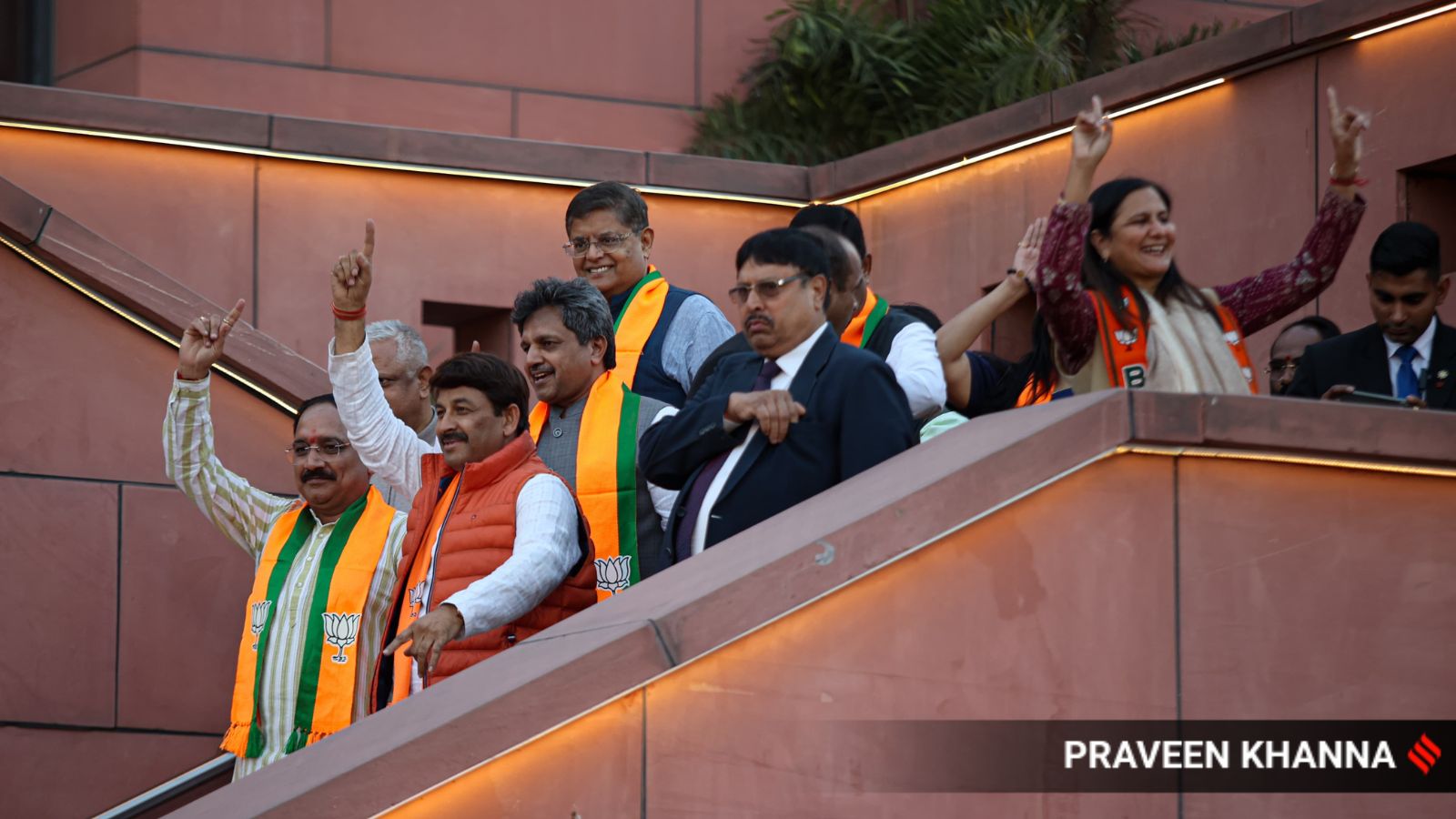 |
|
The upcoming decision regarding the Chief Minister of Delhi for the Bharatiya Janata Party (BJP) is a complex one, laden with political considerations that extend beyond simple merit. The article highlights the multifaceted factors influencing the party's choice, emphasizing a delicate balancing act between gender, caste, community representation, and experience. The BJP's objective is not merely to fill a position but to solidify its political footing in Delhi after a significant electoral victory, a feat that has eluded them for nearly three decades. This choice will serve as a cornerstone for their future political strategy in the capital city. Sources within the party suggest that deliberations regarding the potential CM began shortly after the release of the final candidate list in January, coinciding with Prime Minister Narendra Modi's public appearances in Delhi.
A wide spectrum of possibilities is currently being explored. The options range from selecting one of the party's seven Lok Sabha MPs from Delhi – six of whom are serving their first terms – to choosing a newly elected MLA, particularly a woman, who secured a substantial victory margin. The possibility of appointing multiple deputy chief ministers is also under consideration. Several names have emerged as potential candidates, among them prominent Lok Sabha MPs like Harsh Malhotra (East Delhi), Manoj Tiwari (North East Delhi), and Bansuri Swaraj (New Delhi). These individuals, according to party sources, appear to meet several key criteria for the position. The strategic implications of choosing an MP are also being evaluated; should an MP be selected as CM, a senior leader from the state unit might be fielded for the subsequent by-election in that constituency.
The BJP's victory has given them an array of strong contenders, often described as 'giant killers,' who have achieved significant wins. The party's leadership is carefully weighing candidates based on their gender, experience, caste, and community affiliations. An OBC (Other Backward Classes) candidate is being seriously considered, reflecting the importance of representing diverse sections of the population. Prominent figures such as Parvesh Verma, a former West Delhi MP who defeated Arvind Kejriwal, are under consideration, particularly due to his close association with the Prime Minister. Experienced figures like Vijender Gupta and Satish Upadhyay, both former presidents of the Delhi BJP unit with strong track records, are also being weighed against newer, potentially more dynamic candidates.
Emerging women candidates who have proven their electoral strength, including Rekha Sharma and Shikha Rai, are receiving significant attention. Rekha Sharma's substantial victory margin, and Shikha Rai's defeat of an AAP minister, highlight their potential. However, party leaders caution against placing too much emphasis on the names currently circulating, suggesting that the final decision may be a surprise, similar to the choices made in Madhya Pradesh and Haryana. The choice, the sources indicate, will be made after careful assessment of several parameters, including the caste and sub-community breakdown of the votes that contributed to the BJP's remarkable return to power after a 27-year hiatus.
Ultimately, the decision will likely hinge on a complex interplay of factors designed to maximize the BJP’s political capital. The party's ability to strategically balance representation across various communities and demographics with experience and electability will be crucial. The choice of Delhi's next chief minister will not only reflect the BJP’s immediate priorities but also lay the groundwork for their long-term aspirations within the national capital. The element of surprise, as suggested by some senior party leaders, adds an intriguing layer to the selection process, hinting at the party's calculated approach to maintain an element of unpredictability and sustain a strong political momentum in the lead-up to future elections. The decision will undoubtedly be closely scrutinized by political analysts and observers alike, given the significance of the Delhi state and its position within India’s political landscape.
Source: New Delhi CM: Will BJP go with a surprise pick or a studied one?
